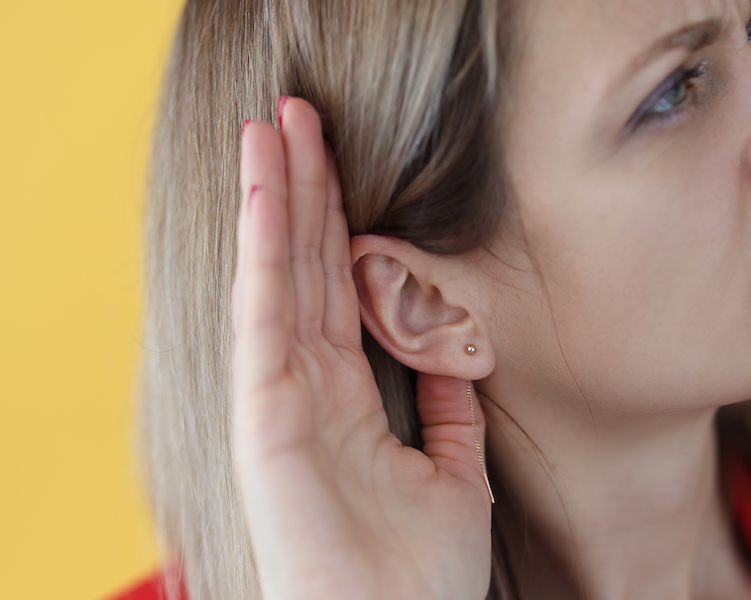Hearing Loss Overview
The Impact of Hearing Loss on Relationships
As hearing loss facilitates isolation, it undoubtedly has a significant impact on social life and relationships. Communication is key to maintaining relationships, and individuals with hearing loss likely experience difficulty interacting with family and friends, making it hard to sustain and strengthen connections. Avoiding social activities that they once participated in with their loved ones further perpetuates the disconnect.
Additionally, hearing loss can be especially damaging to romantic partners, with the breakdown in communication causing difficulties for couples to maintain intimacy and emotional bonds. Over time, it can lead to built-up frustration and resentment, which inevitably strains the relationship.

Untreated Hearing Loss

Advantages to Hearing Loss Prevention
There are several advantages to hearing loss prevention. Guarding against noise-induced hearing loss is one of the top benefits of hearing protection. Wearing hearing protection can help people with hearing loss enjoy safer, healthier, and more independent lifestyles. Hearing loss can have significant mental health impacts, causing feelings of isolation and other negative emotions. However, treating hearing loss can significantly improve these issues.
From a public health standpoint, empowering patients to engage in healthier hearing habits can help prevent hearing loss and improve overall quality of life. Everyone should be aware of the importance of hearing protection not only for the longevity of their senses but also to preserve a high quality of life. Therefore, it is important to take steps to prevent hearing loss, such as wearing hearing protection in loud environments, avoiding loud noises, and seeking treatment for hearing loss as soon as possible.
